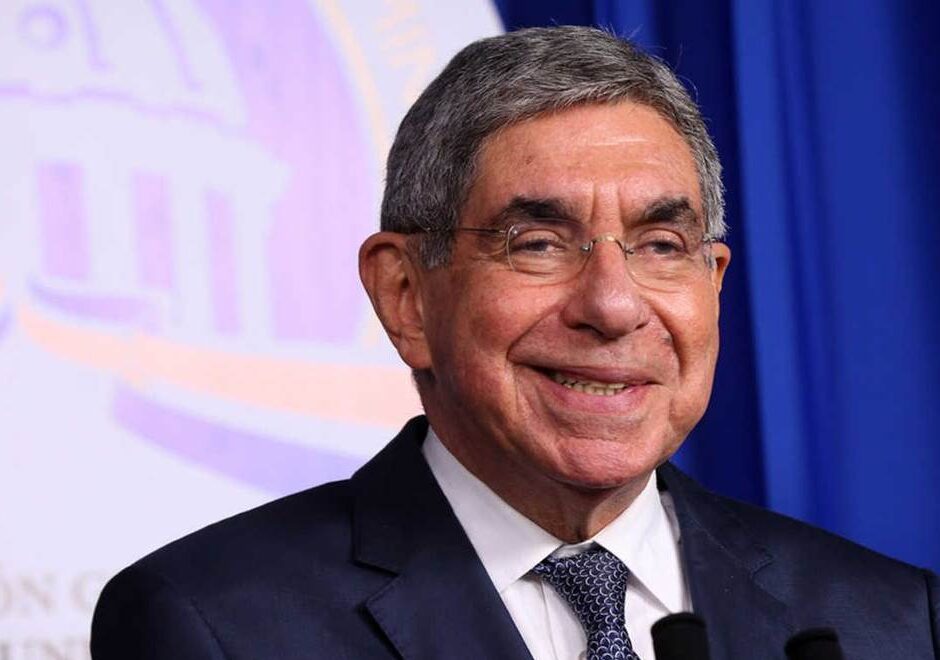Controversial Skyscraper Collapse in Bangkok Unfolds
The collapse of a Bangkok skyscraper during a recent earthquake has sparked a flurry of investigations and safety concerns, drawing attention to construction practices and regulations in the region.
Published April 02, 2025 - 00:04am

Image recovered from arabnews.com
The recent collapse of a Bangkok skyscraper during a 7.7 magnitude earthquake has prompted widespread concern over construction standards and regulatory oversight in Thailand. The tragedy claimed at least 11 lives, with rescue operations ongoing for approximately 76 individuals believed to be trapped under the rubble. The unfinished 30-story building was the only structure in Bangkok to crumble completely during the quake, raising questions about its structural integrity.
Reports reveal that the construction of the tower was marred by delays and potential corner-cutting, with an anti-corruption watchdog previously flagging irregularities. The building was a joint venture between Italian Thai Development PCL and China Railway Number 10 (Thailand) Ltd, part of China's state-owned China Railway Group. Concerns over sub-standard materials, particularly steel, have emerged as a focal point in the fallout from the collapse.
Prime Minister Paetongtarn Shinawatra has mandated a comprehensive investigation into the incident, emphasizing the need for accountability and transparency. The probe will examine the building's construction plan, material quality, and any unsafe actions that may have been taken. The Thai government is also scrutinizing safety standards more broadly, as citizens express anxiety over the implications of such structural failures.
Economic repercussions have followed swiftly, with Italian Thai Development's stock prices plummeting in reaction to the disaster. This financial impact underscores the interconnectedness of public trust, corporate responsibility, and investor confidence in the face of infrastructural inadequacies. The incident has also drawn in international cooperation, with China's ambassador to Thailand pledging support for the investigation. The collaboration highlights the global dimension of infrastructure development and accountability.
Families of the victims continue to endure an agonizing wait for news, as rescue teams employ sniffer dogs and thermal imaging drones in their search efforts amidst the wreckage. Emotional testimonies from relatives of those missing further spotlight the human cost of the disaster. The catastrophe, set against the backdrop of regional instability caused by the earthquake in Myanmar, illustrates the vulnerability of infrastructural developments to natural disasters and the paramount importance of rigorous construction protocols.
This incident may well serve as a critical juncture for Thailand, prompting a reassessment of regulatory rigor, construction ethics, and anti-corruption measures. It underscores the necessity for a comprehensive safety review of ongoing and future construction projects across Southeast Asia, particularly given the region's susceptibility to seismic activities. The integration of stringent regulations and transparent practices is pivotal in rebuilding trust and ensuring the safety of urban infrastructures.
Amidst calls for reform, the international community watches closely, recognizing that the lessons from this tragedy could inform global standards and practices. As Thailand wrestles with the immediate aftermath of the collapse, these investigative efforts are expected to yield necessary changes to avert future calamities.







